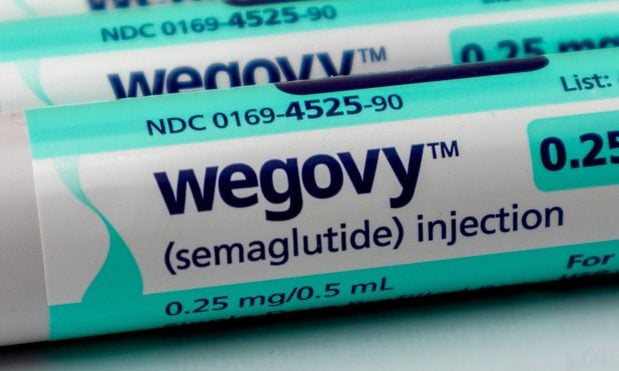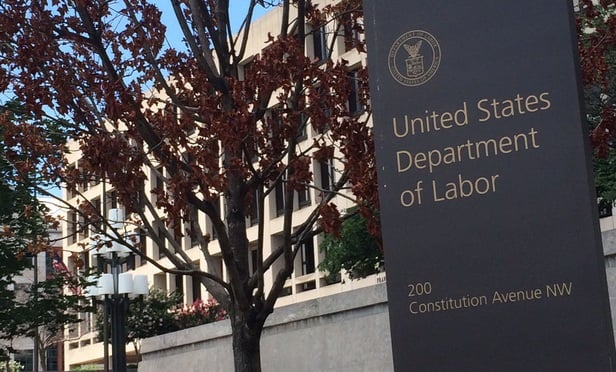The world of pharmacy benefit management is full of confusing contracts that force employers and HR managers to work with specialized benefits consultants to navigate the contracting process. Complex language and fee structures make pharmacy benefit managers tricky to deal with—and the results can often be hazardous to an employers' bottom line.
But a recent scandal at the multi-billion-dollar chain pharmacy and PBM CVS Caremark doesn't require an expert to diagnose the problem. Recent reports from the Los Angeles Times focused on CVS Caremark's use of "automatic refill," which led to widespread anger and government investigations to determine whether the company pressured pharmacists to enroll customers in a program to automatically refill prescription drugs without customers' permission.
By auto-refilling prescriptions for customers without their consent, CVS Caremark is taking advantage of the complex system PBMs routinely abuse to increase profits. CVS Caremark's third quarter earnings released in November show significant growth, and it's hard not to wonder whether shady practices like involuntary auto-refill are a large contributor.
Recommended For You
Programs like CVS Caremark's "maintenance choice" lock consumers into the CVS Caremark network, vastly limiting their options for purchasing medications. Once they have no other choice but to purchase medications through CVS Caremark, abusive programs like involuntary auto-refill compound the problem.
But there's a bigger issue that is not as widely covered by the media: the wasted dollars CVS Caremark, Express Scripts and other large PBMs reap from "spread pricing" and mandatory mail-order programs.
Due to the lack of government regulation, PBMs are allowed to operate behind a curtain of secrecy. They are not required to disclose to healthcare providers how much they pay pharmacies for prescription medications. What results is PBMs fabricating higher costs to healthcare providers and lining their pockets with the difference (or "spread"). While employers generally assume they're paying the same amount as what the PBM gives the pharmacy plus a small administrative fee, PBMs are notorious for marking up drug prices and pocketing the difference.
While many "mandatory mail order" programs promise convenience and cost savings, studies by the National Community Pharmacists Association and other consumer allies found health plans that subsidize patient co-payments for drugs purchased via PBM-run mail order programs actually pay more for drugs. PBMs have cleverly positioned mail-order service as a retail alternative for consumers – but there's little evidence to suggest mail order helps patients achieve savings.
The auto refill scandal should serve as a wake-up call for consumers and employers while reminding benefits managers to double their diligence when working with PBMs. When the curtain is pulled back and the PBM industry is exposed, CVS Caremark's auto refilling program will be merely the tip of the iceberg.
© 2025 ALM Global, LLC, All Rights Reserved. Request academic re-use from www.copyright.com. All other uses, submit a request to [email protected]. For more information visit Asset & Logo Licensing.







